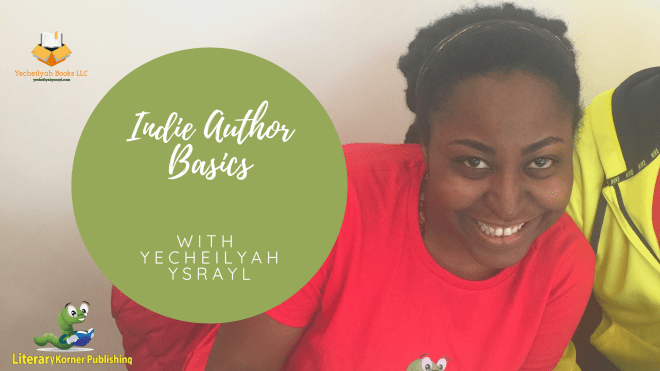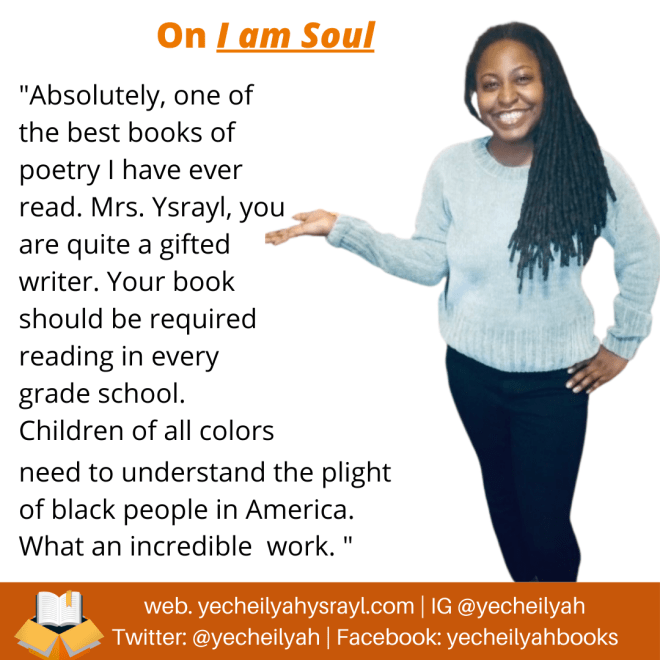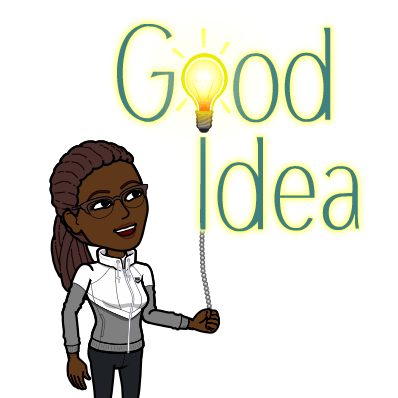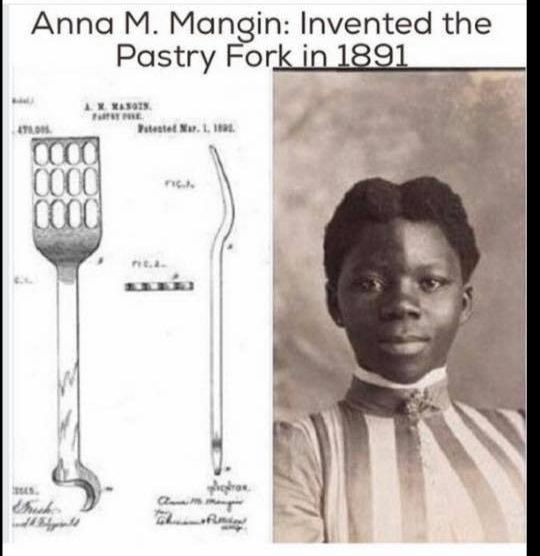
Barack Obama released another book on the seventeenth of November, 2020. It was already a Best Seller with over two-thousand book reviews on Amazon just a few days after release. Obama’s name alone skyrocketed this book to the Best Seller’s List before we had time to decide what we wanted for breakfast that morning.
And Sister Soldier’s March 2021 release, “Life After Death,” the long awaited follow up to The Coldest Winter Ever is already a Best Seller. That’s right. A Best Seller and the book is not even out yet.
The same can be said of Amanda Gorman, whose poetry book The Hill We Climb, and Children’s Book, Change Sings, is already a best seller.
These books don’t release until September!
Today, we are talking about the power of your name and the role it plays in your author branding and marketing yourself as a first-time Indie Author.
What’s in a Name?

A person’s name is a connection to their identity and individuality. It is the history of who a person is. When you think of names that have become prolific, you are not just thinking about a person’s name. You are thinking about all the things that person has done, their experiences, and contributions to the world.
Sometimes, we hear a name, and it is not a good image we see. Names like Jefferey Dahmer and John Wayne Gacy make us tremble, but even these names show a name’s power. We tremble because their names are connected with the horrific things they’ve done, and hearing those names brings to our memory those heinous acts, in the same way, hearing Maya Angelou’s name gives us hope.
When branding yourself as an author, it is good to have the same author name consistent across platforms. Your name doesn’t just tell someone who you are, but it helps build brand recognition.
This means using the same name across your author’s website, the same name in your social media handles and emails, and the same name on your book covers.
“You can show genre with cover design, blurb, logo, and many other cues, but publishing under lots of names in the digital age is a recipe for disaster.” – Anne R. Allen
The more people see your work connected with your name, the more they remember who you are.
It is why we call them “Name Brands.”
Michael Jordan is a brand name, an icon whose career has made his identity equivalent to excellence. When people buy Jordans, they know they are buying a top-quality shoe. And even if it is not a top-quality shoe, it is what the people believe. Why? How did someone whose name once meant nothing now mean everything?
Well, that’s another blog post. For now, let’s just stay on topic and keep it simple.
Michael Jordan proved himself as an exceptional basketball player, and his work ethic is connected with his name. The more his work became recognized, so did his name.
Your work and your name are connected, whether you are a servant of good or bad. If you are doing good work (in this case, we are discussing writing) and not using your name or changing your business name every six months, you make it hard for people to connect who you are with what you do.
“It’s much easier to build brand recognition if you keep all your publishing activity under the same name and the same expression of that name.” – Jane Friedman
Nikki Giovanni, Ralph Ellison, Lorraine Hansberry, Langston Hughes, Walter Mosley, Toni Morrison, and Richard Wright.
Chances are you’ve heard these names before, and if you are like me, you will notice these names on book covers at any bookstore. You might even stop to scan or flip through the pages of a book simply because you recognize these author’s names.
Book Titles
The name of this blog started as the name of a book series I was writing.
In my Pretty Woman voice, “Big mistake. Big. Huge.”
While I have found a new purpose in this blog, it was a mistake to name this blog after a book. The problem with using the title of your book as your blog name, author website, or social media pages is you will probably write more books.
Are you going to create more websites and accounts for all the books you are writing?
Of course not.
Your name is one of the most powerful, FREE resources you have for marketing yourself as an author.
When you first meet someone you introduce yourself, and you start with your name because your name is your identity. It is more important than your job title and degrees. And when people remember our name, it makes us feel important, recognized, and valued.
What about Pen Names?
Anne R. Allen has published an excellent article on that already, so I will refer you there. While her post is about why pen names are not a good idea, Anne’s number one good reason for using a “pen” name is the one loophole.
-
It’s the name you’re known by, even if it’s not the name on your birth certificate.
It is absolutely okay to use a name that you’ve been known by even if it’s not your birth name. The key is not to keep changing it though. Pick a name and stick with it.
Consider Maya Angelou, Ntozake Shange, Sonia Sanchez, Kwame Ture, Whoopi Goldberg, and others. None of these people were born with those names just as I was not born Yecheilyah Ysrayl. Although I was not born Yecheilyah, I do not consider it a pen name. It is more than that, it is the name for which I am now known.
Use Your Name
“Once you know what author name you’ll be using, be relentlessly consistent in the expression of that name throughout your websites and social media accounts.”
– Jane Friedman
No matter what name you choose to brand, use that name everywhere. It will help people to identify you, and when they remember you, they remember your work.
No one cares about the title of your book or your book, for that matter.
What people care about is you, the author so it is your NAME and your author photo that will stand out the most in your social media profiles and on your website.
Think about it: It’s not about “A Promised Land.” It is about the fact that Obama wrote it. He could have titled the book The First Black President and people would have bought it. People are buying him. People are buying Obama.
I am not a fan of the term, but when people say that “people buy people,” what they mean is in the beginning, readers are interested in the person more than the book. Then as they begin to trust the person, they trust anything connected to the person, including the book.
- Who are you?
- What do you enjoy doing outside of writing?
- What motivates/inspires you to write?
- What has your journey been like?
- What’s your story?
Instead of using a lot of different names or the title of your book, focus on branding one name across platforms.
www. AuthorName . com
Facebook.com/Author Name
Twitter: @Author Name
Instagram: @Author Name
Clubhouse: @Author Name
The stronger your brand name, the easier the marketing. We all hope to get to the point where people hear our name associated with something and run out to support it without blinking.
Use your name. That is all.
Looking for more Indie Author Tips? Check out the catalog of articles here. From this point forward, Indie Author Basics posts will publish on Wednesdays.
I am Soul is 99cents for a limited time. And remember, if you read it, review it!
















